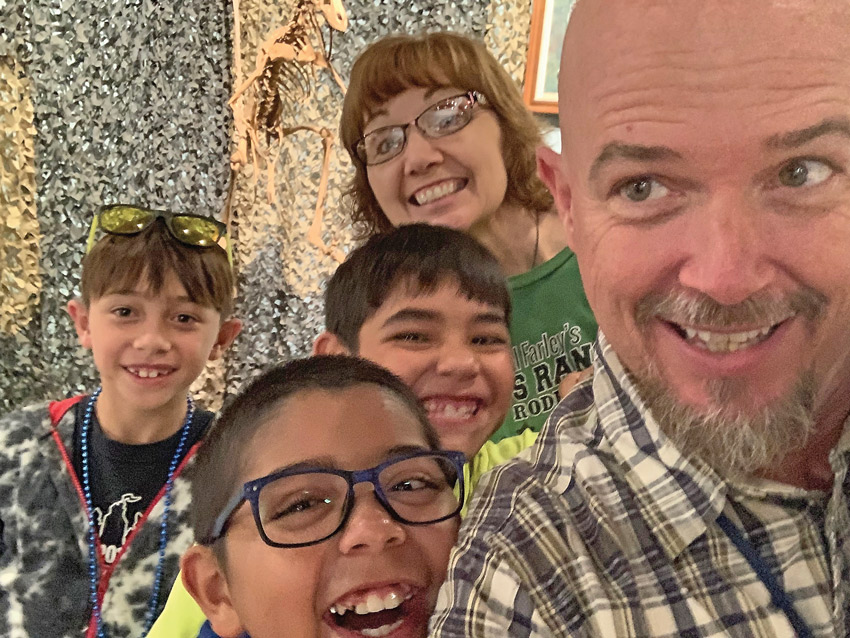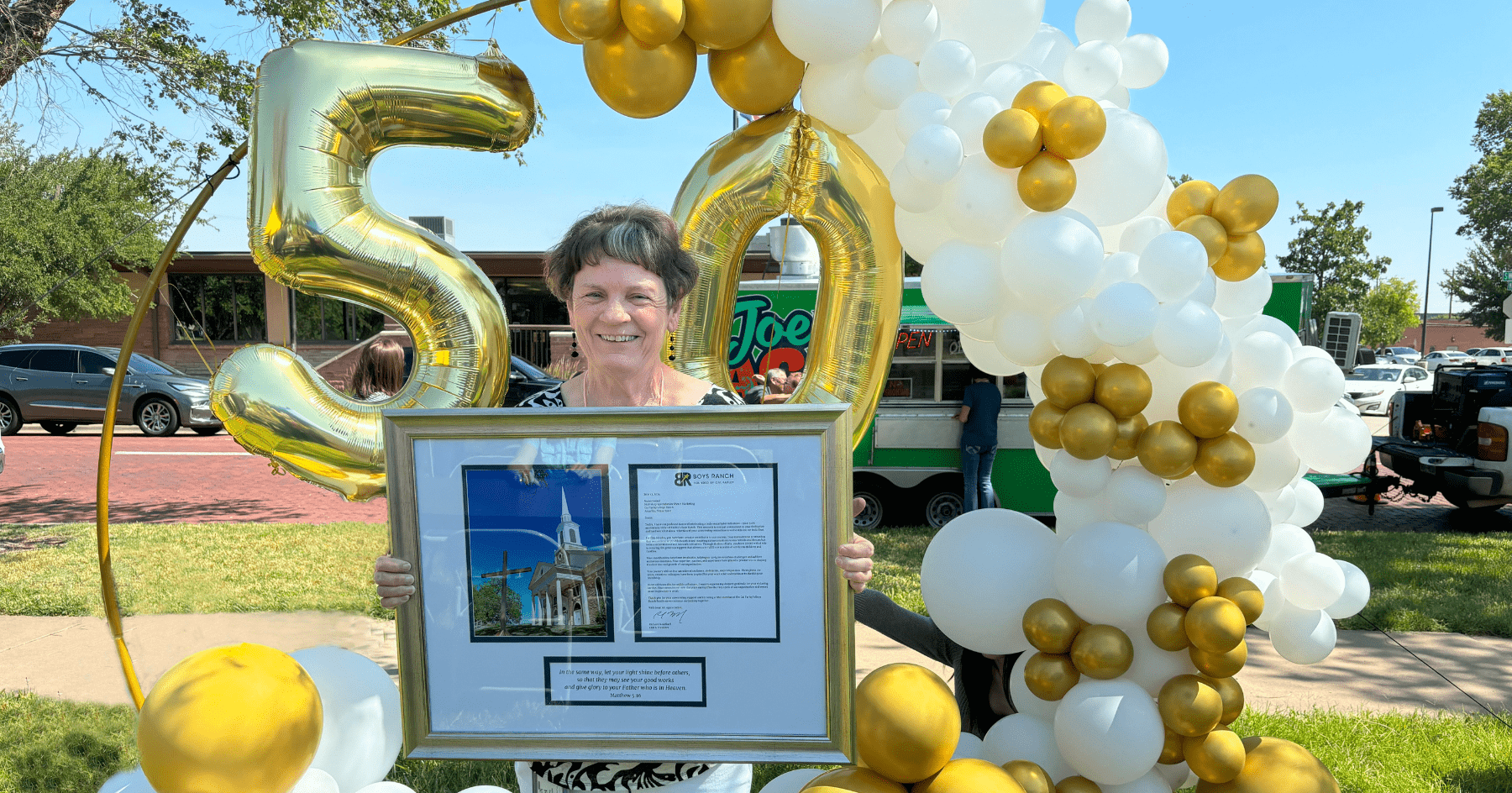You’re doing more than you think!
New parents nervous to care for a small baby often fret about whether they will know how to do what is right. Ironically, a little human doesn’t know what to expect, so whatever is given, is simply accepted.
If a parent is available and responds to a baby’s needs in a timely, predictable manner, a pattern the baby can depend upon, and if the child is being lovingly held for periods of time, fed, burped, talked to, changed and cared for, the child develops an attachment, a bond to the caregiver. This child develops a sense — security that says, “I am loved, I’m okay.” This attunement sets a strong foundation, which will stay with a child and impact future relationships, as well as play a key role in the child’s ability to process sensory input and eventually soothe himself.
“We know that children who come from backgrounds of unpredictability and chaos, who did not have caregiving which provided this type of early attunement, struggle to develop the capacity to self-regulate,” says John Moore, a clinical intervention specialist at Boys Ranch.

While Boys Ranch is a leader in applying concepts from Dr. Bruce Perry’s Neurosequential Model™ which is a developmentally respectful approach to clinical problem solving, Moore says there are many “parts” of the individual to consider.
Because a child’s nervous system is in development in the first years after being born, the system is conditioned to respond to the environment. If the environment is unpredictable and highly stressful, the child’s nervous system will develop to accommodate this type of atmosphere all the time – so even in times of relative calm, the system will be overly reactive and responsive. This over-reactivity may cause additional problems as the child grows up such as difficulty concentrating and controlling the amount of appropriate energy required for the task at hand.
If attuned, consistent caregiving is available to the child — the developing nervous system will be more regulated and organized creating the ability to respond easily and as necessary to a variety of situations in a more typical way.
“When a child’s past is constantly showing up in the present, he or she cannot function in the most optimal way,” Moore notes, adding, “without help, they become stuck.”
At Boys Ranch, we give them the help they need to move forward.
















